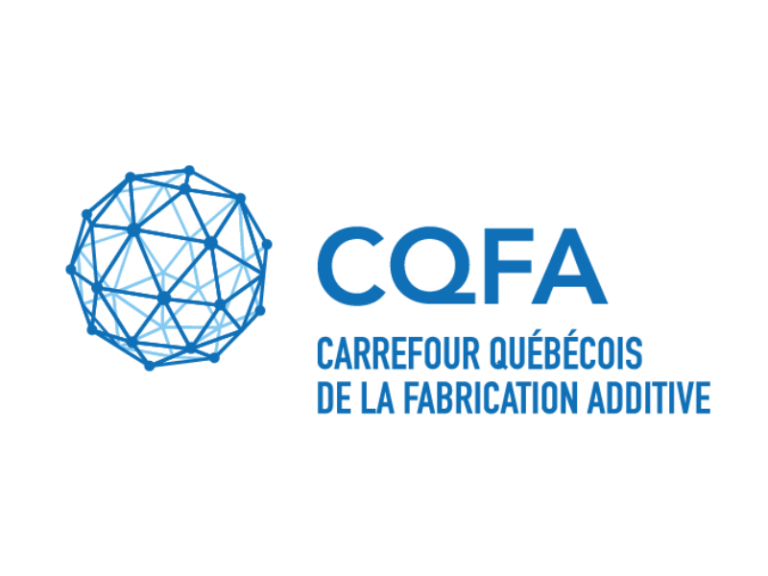
2023/07/19
A comprehensive review of natural fibers and their composites: An eco-friendly alternative to conventional materials
Elfaleh, I.; Abbassi, F.; Habibi, M.; Ahmad, F.; Guedri, M.; Nasri, M.; Garnier, C. (2023). A comprehensive review of natural fibers and their composites: An eco-friendly alternative to conventional materials. Journal Pre-Proof.
Breakthroughs in materials science are the driving force behind many of today’s industrial advancements in our fast-changing high-tech world. Composite materials have proven valuable in numerous sectors, including automotive, aerospace, aeronautics, naval, and sports, due to their exceptional mechanical properties and lightweight nature. However, environmental concerns have led to a decrease in the use of fossil fuel-derived materials. Additionally, efforts to reduce greenhouse gas emissions and improve fuel efficiency require lightweight materials with a lower carbon footprint, highlighting the importance of natural fiber composites. Natural fiber composites are made from renewable resources, comprising reinforcements made of natural fibers such as jute, flax, ramie, hemp, cotton, sisal, and kenaf, and a matrix, preferably derived from biomass, which may or may not be biodegradable. However, plant fibers have certain drawbacks when combined with polymers. Due to the presence of hydroxyl groups in lignocellulose, plant fibers are hydrophilic, making them incompatible with hydrophobic thermoplastics and prone to moisture damage. These limitations pose challenges for using plant fibers as polymer reinforcement. To improve adhesion between fibers and the polymer matrix and reduce moisture absorption, surface modifications are typically required. Various methods, such as alkaline, silane, or other chemical treatments, have been developed to enhance fiber-matrix compatibility and improve composite quality. Although natural fiber composites are still in development and their applications are limited, they hold great promise as a sustainable alternative to conventional materials.